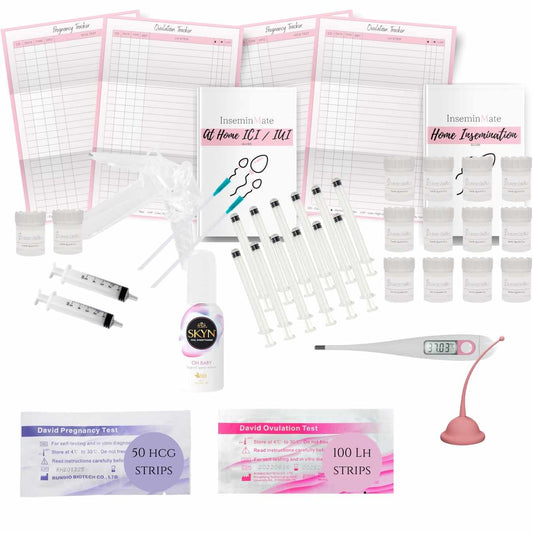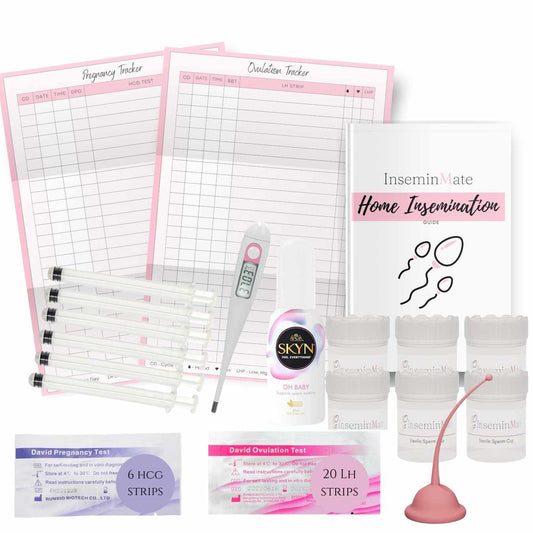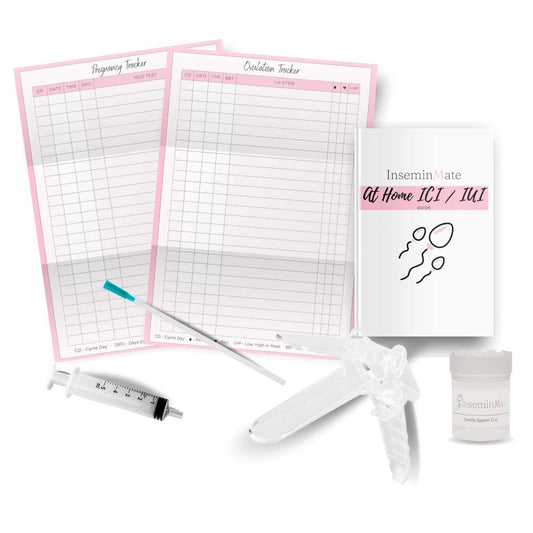Congratulations, you have reached 31 weeks of pregnancy! At this stage, your baby is growing rapidly, and your body is undergoing many changes to accommodate your little one. As your due date approaches, you may experience some discomfort, but there are ways to alleviate these symptoms.
Here are some common symptoms you may experience at 31 weeks pregnant:
-
Braxton Hicks Contractions: You may start experiencing Braxton Hicks contractions, which are practice contractions that help your body prepare for labor. These contractions are usually painless and sporadic.
-
Fatigue: As your baby grows, you may feel more tired and need to rest more often.
-
Shortness of Breath: As your uterus expands, it may press against your diaphragm, causing shortness of breath.
-
Back Pain: The weight of your growing baby can cause back pain. As your belly grows, your center of gravity shifts, which can also contribute to back pain.
-
Swelling: You may experience swelling in your hands, feet, and ankles, which is a common symptom of pregnancy. This is due to the increased pressure on your veins and the extra fluid in your body.
-
Heartburn: The hormonal changes in your body can cause acid reflux, leading to heartburn.
Tips for Relief:
-
Stay Hydrated: Drinking plenty of water can help reduce swelling and prevent constipation.
-
Get Enough Rest: Make sure to rest whenever you feel tired and try to get enough sleep at night.
-
Exercise: Gentle exercise, such as walking or swimming, can help alleviate back pain and improve circulation.
-
Use a Pregnancy Pillow: Sleeping with a pregnancy pillow can help support your belly and alleviate back pain.
-
Eat Small, Frequent Meals: Eating smaller meals more frequently can help reduce heartburn and indigestion.
-
Wear Comfortable Shoes: Wearing comfortable, supportive shoes can help reduce swelling in your feet and ankles.
In conclusion, at 31 weeks pregnant, you may experience some common symptoms such as Braxton Hicks contractions, fatigue, shortness of breath, back pain, swelling, and heartburn. However, there are ways to alleviate these symptoms, such as staying hydrated, getting enough rest, exercising, using a pregnancy pillow, eating small, frequent meals, and wearing comfortable shoes. Remember to always listen to your body and consult your healthcare provider if you have any concerns.




